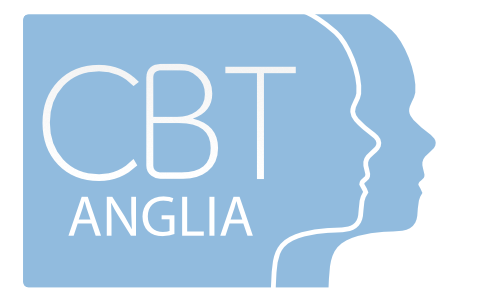Anxiety Disorders
(including phobias, panic attacks, social anxiety and generalised anxiety and worry)
People can become phobic about a wide range of things, but the common examples of phobias are fear of planes, dogs, spiders and rodents, however people can become phobic of nearly anything. If someone has a phobia they will be very anxious about the thing they are scared of, and will often go to great lengths to avoid it, even if it has a negative impact on their lives. Some people may think that their phobia is irrational, however some people overestimate how dangerous the thing they fear is, for example someone with a fear of flying may think the plane is likely to crash.
Panic attacks commonly occur in situations where the person thinks that they are trapped such as lifts, the middle row of the cinema, driving or in traffic jams, or on trains and planes. During the panic attack the person may experience increased heart rate, dizziness, nausea, sweating and shaking, which are all common anxiety symtoms. The person may then not recognise these symptoms as anxiety and fear that they are having a heart attack, going to be sick or faint, or will die.
Social anxiety and performance anxiety occur when someone has a fear of being judged negatively by other people. This may lead to an avoidance of certain situations such as presentations or parties. The person may be very worried about other people noticing their anxiety, and become conscious of blushing or shaking.
Generalised anxiety is characterised by excessive worrying. The person may find it difficult to mentally “switch off” and relax. People may worry about things that are unlikely to actually happen and jump to the worst case scenario. There also maybe patterns of avoidance, and difficulties decision making and problem solving.
Although the CBT approach may vary slightly between anxiety disorders in general the person is taught to rationalise their fear if they are always thinking the worst case scenario. They will be taught to gradually face their fear in a way that does not feel overwhelming, until they become confident with their feared situation. Relaxation techniques, and leading a healthy lifestyle are also important if you are prone to anxiety.

